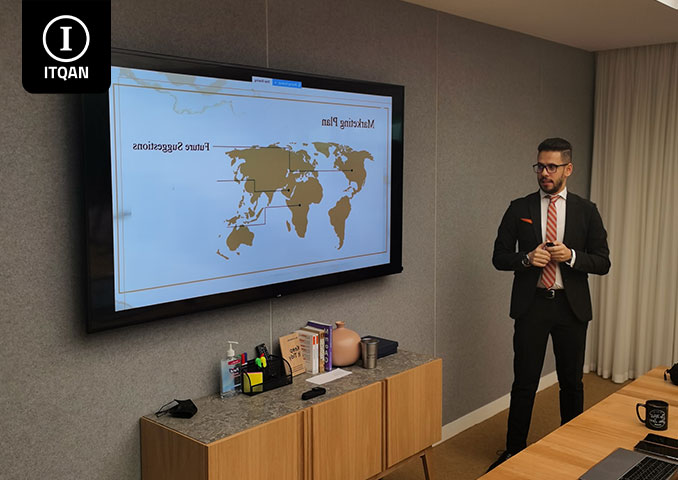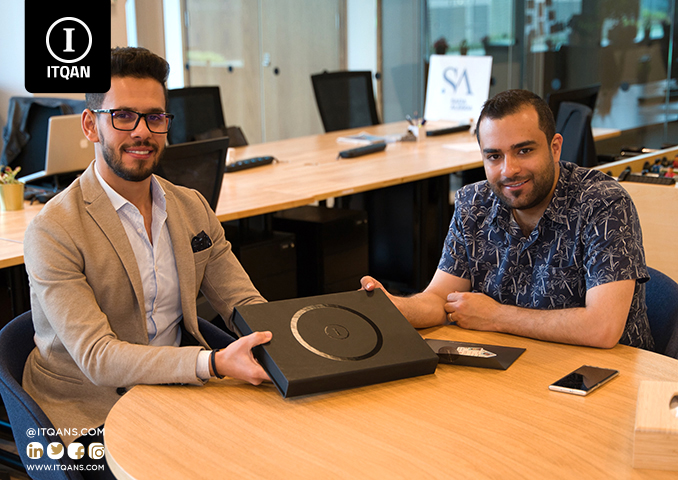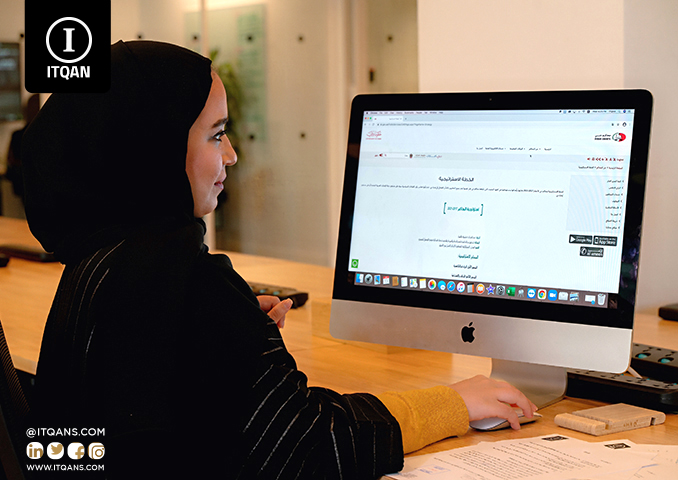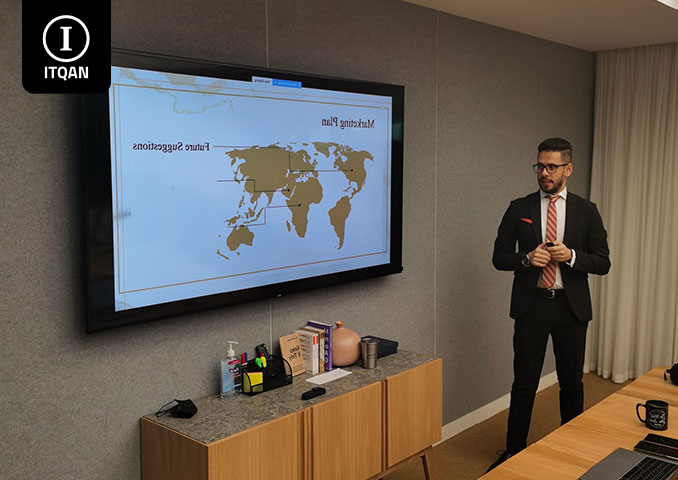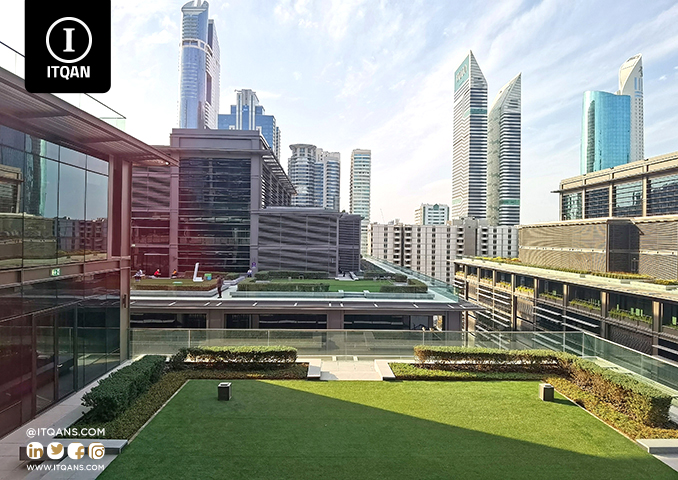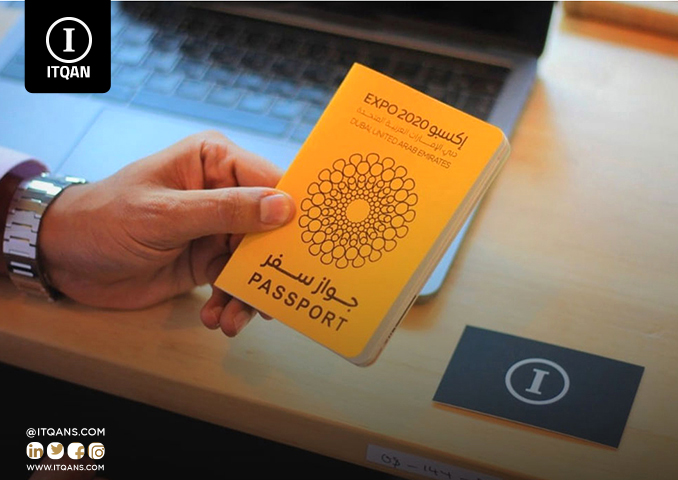Customs representative card, in the world of international trade, customs plays a vital role in regulating the movement of goods across borders and ensuring compliance with applicable laws and legislation. One of the important tools that contribute to achieving this goal is the “customs representative card,” which grants customs representatives certain powers and enables them to perform their duties efficiently and professionally. This article sheds light on the concept of the customs representative card, its importance, the legislation regulating it, how to obtain it, in addition to its multiple uses and benefits.
The customs representative card is considered an official identity issued by the customs authorities, and gives its holder the ability to enter customs areas and carry out the required procedures on behalf of the companies or individuals he represents. In this context, the importance of this card is highlighted in facilitating customs work, enhancing transparency and credibility, and ensuring compliance with regulations and laws.
Through this article, the customs representative card, we will review in detail how to obtain a customs representative card, the basic requirements for that, the application process, and the required documents. We will also discuss the various uses and benefits of this card, which make it an indispensable tool for everyone working in the field of customs clearance and international trade.

Definition of the customs representative card
The customs representative card is an official document issued by customs authorities to individuals who work as representatives or agents of companies, importers and exporters in customs clearance operations. This card serves as an official identification for its holder and grants him the authority to enter customs areas and participate in various customs procedures. This card is issued after fulfilling a set of conditions and requirements determined by the customs authorities.
The importance of the card for delegates
The customs representative card is a vital tool for customs representatives, as it facilitates many things for them and ensures that they perform their duties efficiently and smoothly. One of the main benefits of the card is that it gives its holder the ability to enter closed customs areas, enabling them to follow up on customer shipments and supervise customs clearance operations. In addition, the card provides a kind of official recognition of the representative’s position, which enhances his credibility before the concerned authorities and makes it easier for him to deal with various parties in the supply chain.
Regulating legislation
The customs representative card is issued in accordance with certain legislation and regulations established by the customs authorities in each country. This legislation includes the conditions for obtaining the card, such as education and experience requirements, as well as behavioral rules that the delegate must adhere to. This legislation aims to ensure that persons granted this card are qualified and able to perform their duties professionally and effectively. Furthermore, this legislation specifies penalties and disciplinary measures in the event that delegates violate customs laws or regulations.
With this comprehensive definition of the customs representative card, we can understand the vital role that this card plays in facilitating customs operations and enhancing transparency and credibility in this vital field.
Advantages of investing in Dubai
Investing in Dubai carries many advantages that make it a favorite destination for investors from all over the world. Here are some of these features:
- Stable economic environment: Dubai has a strong and stable economy, with financial and economic policies that encourage investment.
- Strategic geographical location: Dubai is located in a distinct geographical location linking the markets of Asia, Europe and Africa, facilitating access to a wide range of international markets.
- Advanced infrastructure: Dubai provides world-class infrastructure that includes modern airports, advanced ports, and a highly efficient road and transportation network.
- Tax breaks: Dubai offers many tax breaks, including no personal and corporate income tax in many sectors, and a low value-added tax.
- Ease of establishing a business: Bureaucratic procedures in Dubai are simple and quick, with the availability of electronic services to facilitate the establishment of a company in Dubai Business.
- Economic diversity: Dubai relies on a diversified economy that includes sectors such as tourism, trade, financial services, technology, and real estate, which provides diverse investment opportunities.
- Supportive business environment: Dubai provides a conducive business environment with free zones offering benefits such as full foreign ownership, tax exemptions, and no restrictions on repatriation of profits.
- Political and security stability: Dubai enjoys high political and security stability, which provides a safe and reassuring environment for investors.
- Advanced laws and regulations: Dubai provides an advanced legal framework that guarantees investors’ rights and facilitates trade and investment operations.
- Government incentives: The UAE government offers multiple incentives that include facilitating procedures, infrastructure support, and initiatives to attract foreign investments.
- High consumer power: Dubai is an important commercial center with an active and diverse consumer market, which increases growth opportunities and profitability for projects.
- Presence of qualified professional cadres: Dubai provides a qualified, multinational workforce, making it easier for companies to find the skills required to run their businesses efficiently.
- Technology and Innovation: Dubai encourages innovation and technology, with initiatives to support startups and technology projects.
How to obtain a customs representative card
Obtaining a customs representative card is an important step for individuals who intend to work in the field of customs clearance. This process requires following a number of steps and procedures to ensure that all necessary requirements and conditions are met. In this section, we will review the basic requirements, application process, and documents required to obtain a customs representative card.
Basic requirements
To obtain a customs representative card, the applicant must meet a set of basic conditions set by the relevant authorities. These requirements include the following:
- Nationality: The applicant must have the nationality of the country in which he wishes to work as a customs representative.
- Age: The applicant must have reached the legal age to work in this field, which varies from one country to another.
- Academic qualifications: It is preferable for the applicant to have an academic qualification in the field of commerce, management, or any related field.
- Professional Experience: Some entities may require applicants to have previous experience in the field of customs clearance or related fields.
Application process
The process of applying for a customs representative card requires following specific steps to ensure that all required information and documents are submitted correctly. These steps include the following:
- Electronic registration: Applicants must register via the electronic portal of the competent authority, where they fill out the application form and provide personal and professional information.
- Payment of fees: Applicants must pay an application fee, which varies depending on the organizer.
- Passing tests: Some authorities may require applicants to pass certain tests to verify their knowledge of customs laws and procedures.
Required Documents
To successfully complete the application process, applicants must submit a set of documents proving their identity, qualifications and experience. Required documents include the following:
- A copy of the national ID or passport: to prove the applicant’s identity.
- A recent personal photo: to be used for the customs representative’s card.
- Academic and professional certificates: to prove academic qualifications and professional experience.
- Clean criminal record: To prove that the applicant does not have any criminal record.
- Letter of recommendation: from a previous or current employer confirming the applicant’s experience and competence in the customs field.
By following these steps and submitting the required documents, applicants can obtain a customs representative card that enables them to carry out their duties efficiently and effectively in the field of customs clearance.
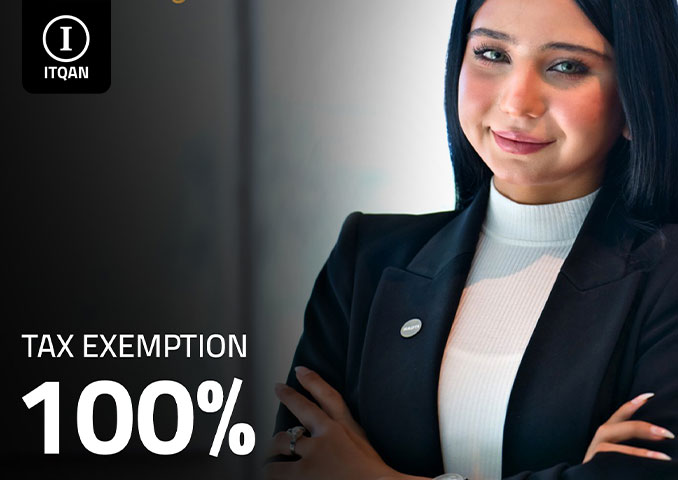
Uses and benefits of the customs representative card
The customs representative card is an essential tool that contributes to improving and facilitating customs operations. The uses and benefits of this card are numerous, making it essential for anyone working in the field of customs clearance. Below we will review some of the main uses of this card and the benefits it offers.
Access to customs areas
The customs representative card gives its holder access to various customs areas, including warehouses, ports, and airports. This direct access makes it easier for delegates to conduct customs transactions quickly and efficiently. Instead of waiting for long periods or needing additional permits, card holders can access vital areas without hindrance, which enhances the speed of procedures and reduces the time spent on customs clearance.
Facilitating customs procedures
The customs representative card helps facilitate complex customs procedures. Authorized representatives can use the card to submit the required documents and conduct transactions faster and easier. Thanks to this card, delegates can avoid many bureaucratic obstacles that they may encounter, such as the need for additional permits or identity verification every time they visit the customs area. This facility contributes to speeding up the customs clearance process and reducing delays.
Enhancing transparency and credibility
The customs representative card plays an important role in enhancing transparency and credibility in customs operations. Thanks to the presence of this card, customs authorities can easily verify the identity of authorized representatives and ensure that they comply with applicable laws and regulations. This continuous verification contributes to reducing opportunities for corruption and manipulation, which enhances the credibility of customs operations and increases confidence among all parties involved.
In addition, the card provides an electronic record of all activities carried out by the delegate, which facilitates the monitoring and follow-up process. This register can be an effective tool in detecting any irregularities or violations, ensuring that all operations are conducted transparently and in accordance with legislation.
Learn about the customs representative card
In conclusion, the customs representative card is a vital tool that contributes to improving and facilitating customs operations. By providing direct access to customs areas and enabling delegates to perform their duties efficiently and transparently, this card enhances the level of credibility and trust between all parties involved. The regulating legislation and basic requirements for obtaining the card ensure that its holders are qualified and adhere to the required professional standards.
Understanding the importance of the customs representative card and knowing how to obtain it is an essential step for anyone seeking to work in this field. This card contributes to achieving integration between different sectors and enhances the efficiency of international trade, which benefits the national economy in general. Therefore, aspiring delegates should invest in obtaining this card to ensure outstanding performance and effective contributions in their field of work
Frequently asked questions about the customs representative card
What is a customs representative card?
The customs representative card is a document issued by the customs authorities that grants its holder the authority to represent companies before customs and clear goods.
Who can obtain a customs representative card?
Company representatives, employees of customs clearance companies, and authorized agents can obtain this card.
What are the requirements for obtaining a customs representative card?
Requirements usually include submitting an official application, personal identification documents, certificates proving experience or training in customs clearance, and a personal photo.
How can I apply for a customs representative card?
You can apply through the website of the local customs authority or by visiting the customs office and submitting the required documents.
What is the validity period of the customs representative card?
The card is usually valid for one year, and can be renewed based on customs requirements.
Does the customs representative card need to be renewed?
Yes, the card must be renewed before its expiration by submitting a renewal application and the required documents.
What are the benefits of obtaining a customs representative card?
The card facilitates the customs clearance process, allows its holder to access customs areas, and helps speed up clearance procedures for goods.
Are there fees to obtain a customs representative card?
Yes, there may be fees that vary depending on the local customs authority. The specific fees can be checked through the customs authority’s website.
What are the procedures to be followed in the event of losing the customs representative card?
The loss of the card must be reported to the customs authorities immediately and an application must be submitted for a replacement card and the required fees must be paid.





